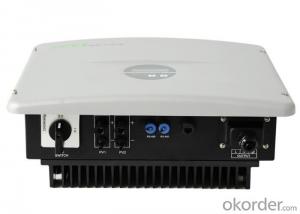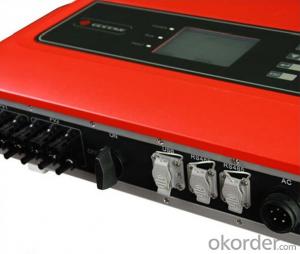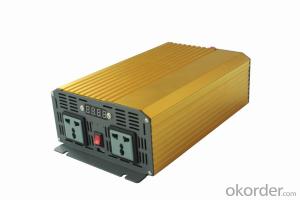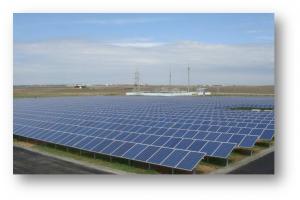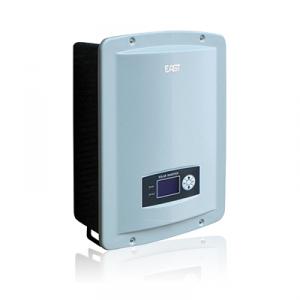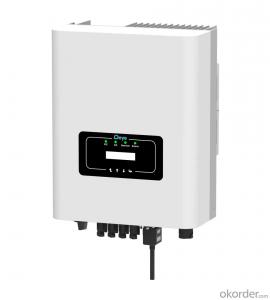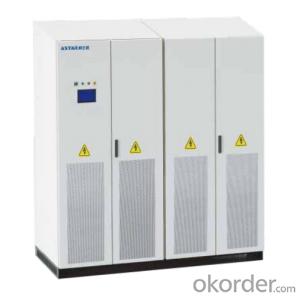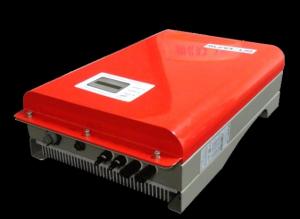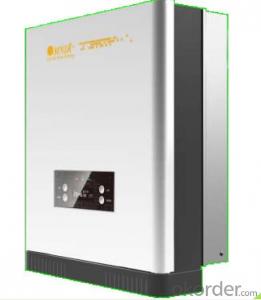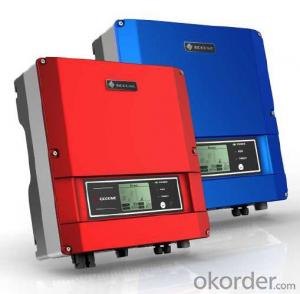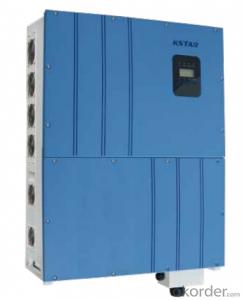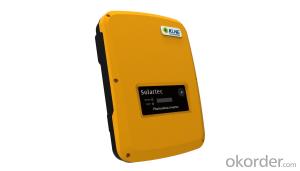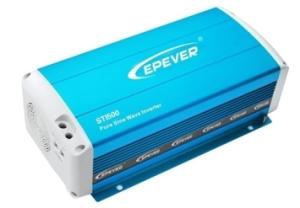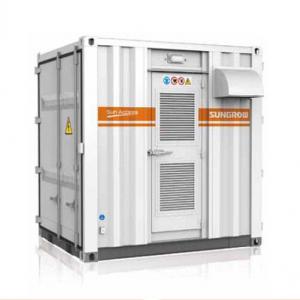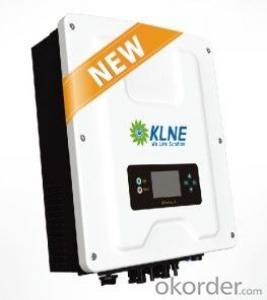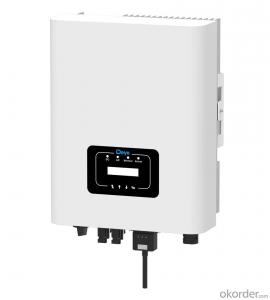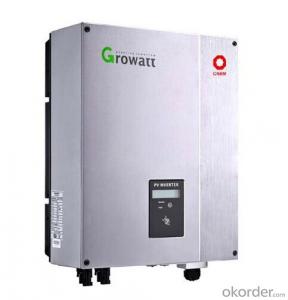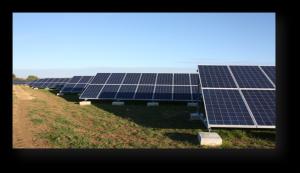All Categories
- - Steel Wire Rod
- - Steel Coils
- - Steel Profiles
- - Steel Pipes
- - Stainless Steel
- - Tinplate
- - Special Steel
- - Steel Sheets
- - Steel Rebars
- - Steel Strips
- - Hot Rolled Steel
- - Cold Rolled Steel
- - Pre-painted Steel
- - Seamless Steel Pipe
- - Welded Steel Pipe
- - Hollow Steel Tubes
- - Galvanized Pipe
- - Stainless Steel Coil
- - Stainless Steel Sheet
- - Stainless Steel Plate
- - Stainless Steel Strips
- - Electrolytic Tinplate Coil
- - Electrolytic Tinplate Sheet
- - Stainless Steel Rebars
- - Solar Panels
- - Solar Water Heater
- - Solar Related Products
- - Solar Inverter
- - Solar Cells
- - Solar Light
- - Solar Energy Systems
- - Solar Controllers
- - Solar Mounting System
- - Solar Pump
- - Solar Chargers
- - Fiberglass Chopped Strand
- - Fiberglass Mesh Cloth
- - Composite Pipes
- - FRP Pultrusion Profiles
- - Fiberglass Mat Tissue
- - Fiberglass Fabrics
- - Fiberglass Mesh
- - Composite Tank
- - Fiberglass Mesh tape
- - Polymer
- - FRP Roofing Panel
- - Fiberglass Roving
- - Monolithic Refractories
- - Ceramic Fiber Products
- - Refractory Bricks
- - Raw Materials For Refractory
- - Suspended Platform
- - Cranes
- - Concrete Machinery
- - Earthmoving Machinery
- - Building Hoist
- - Road Building Machinery
- - Plastic Pipe Fittings
- - Plastic Tubes
- - Plastic Sheets
- - Agricultural Plastic Products
- - Plastic Nets
 All Categories
All Categories
Q & A
Can a solar inverter be used with a solar-powered lighting system?
Yes, a solar inverter can be used with a solar-powered lighting system. The solar inverter converts the DC power generated by the solar panels into AC power, which can be used to power the lighting system. This allows for efficient and effective utilization of the solar energy generated.
Can a solar inverter be used in areas with high temperature differentials?
Yes, a solar inverter can be used in areas with high temperature differentials. However, it is important to consider the operating temperature range specified by the manufacturer. Some inverters are designed to withstand extreme temperatures, while others may have limitations. It is recommended to choose an inverter that is suitable for the specific environmental conditions to ensure optimal performance and longevity.
Can a solar inverter handle multiple input sources?
Yes, a solar inverter can handle multiple input sources. It is designed to convert the direct current (DC) produced by solar panels into alternating current (AC) for use in homes or businesses. In some cases, if there are multiple solar panels or arrays connected to the inverter, it can efficiently handle and integrate the power generated from multiple input sources.
What is the maximum power point tracking (MPPT) feature in an inverter?
The maximum power point tracking (MPPT) feature in an inverter is a technology that allows the inverter to optimize the conversion of solar energy into electricity by continuously tracking and adjusting the operating point of the solar panels. This ensures that the inverter operates at the maximum power point (MPP), where the solar panels produce the highest power output. By dynamically adjusting the operating voltage and current, the MPPT feature maximizes the energy harvest from the solar panels, resulting in increased efficiency and overall higher energy generation.
What is the difference between a string inverter and a microinverter?
A string inverter is a centralized device that converts the DC power generated by a solar panel string into AC power for use in a building's electrical system. It is typically installed at a single location and handles the power conversion for multiple solar panels.
On the other hand, a microinverter is a small, individual device attached to each solar panel. It performs the same function as a string inverter but at the panel level. Each microinverter converts the DC power from its corresponding panel into AC power, allowing for more flexibility and efficiency in system design.
In summary, the main difference between a string inverter and a microinverter lies in their installation and functionality. String inverters are centralized and serve multiple panels, while microinverters are decentralized and operate at the panel level.
Wholesale Solar Inverter from supplier in Benin
Our Solar Inverter products are known for their high efficiency, reliability, and durability. We work with industry-leading manufacturers to ensure that our customers receive the best quality products. Whether you need a small residential inverter or a large-scale commercial inverter, we have the right solution for you.
In addition to our wide range of products, we also offer comprehensive services to support your solar projects. Our team of experts is available to provide guidance and assistance throughout the entire process, from system design and installation to maintenance and support. We understand the importance of a well-functioning solar system, and we are committed to ensuring that your investment delivers optimal performance.
As a responsible and environmentally conscious company, we are dedicated to promoting the adoption of solar energy in Benin. We believe that solar power has the potential to revolutionize the energy sector and contribute to a greener and more sustainable future. By choosing our Solar Inverter products, you are not only investing in a reliable and efficient solution, but also supporting the transition towards renewable energy sources.
Contact us today to learn more about our Solar Inverter products and services. Let us help you harness the power of the sun and make a positive impact on the environment. Together, we can build a brighter and cleaner future for Benin.
In addition to our wide range of products, we also offer comprehensive services to support your solar projects. Our team of experts is available to provide guidance and assistance throughout the entire process, from system design and installation to maintenance and support. We understand the importance of a well-functioning solar system, and we are committed to ensuring that your investment delivers optimal performance.
As a responsible and environmentally conscious company, we are dedicated to promoting the adoption of solar energy in Benin. We believe that solar power has the potential to revolutionize the energy sector and contribute to a greener and more sustainable future. By choosing our Solar Inverter products, you are not only investing in a reliable and efficient solution, but also supporting the transition towards renewable energy sources.
Contact us today to learn more about our Solar Inverter products and services. Let us help you harness the power of the sun and make a positive impact on the environment. Together, we can build a brighter and cleaner future for Benin.
